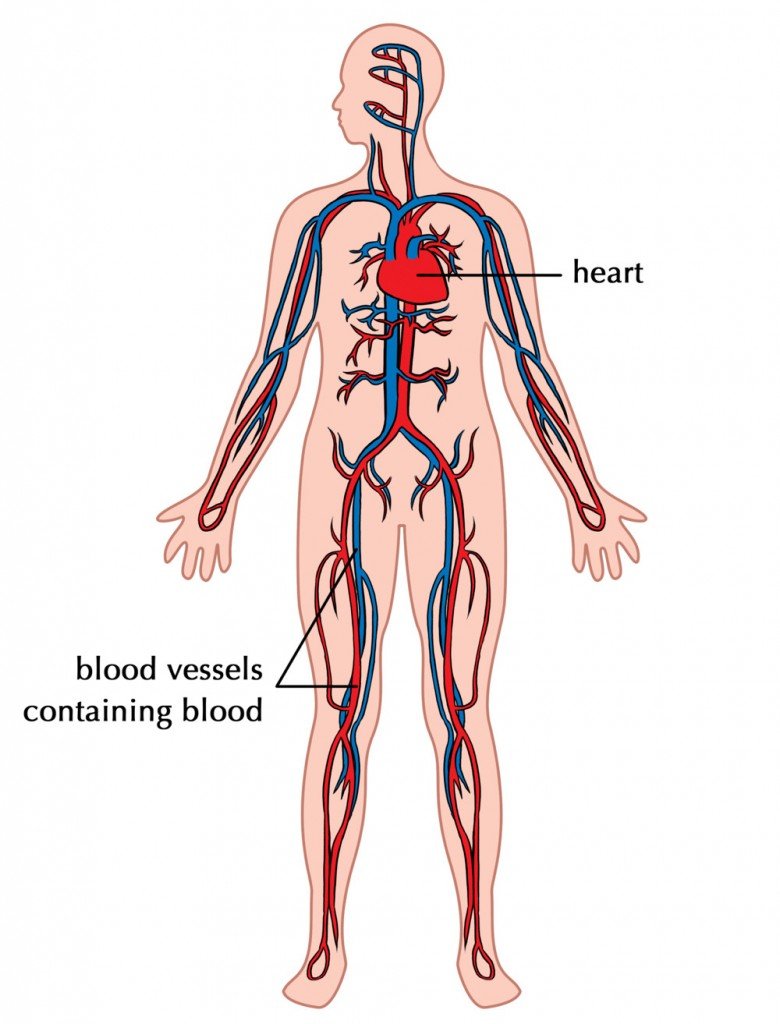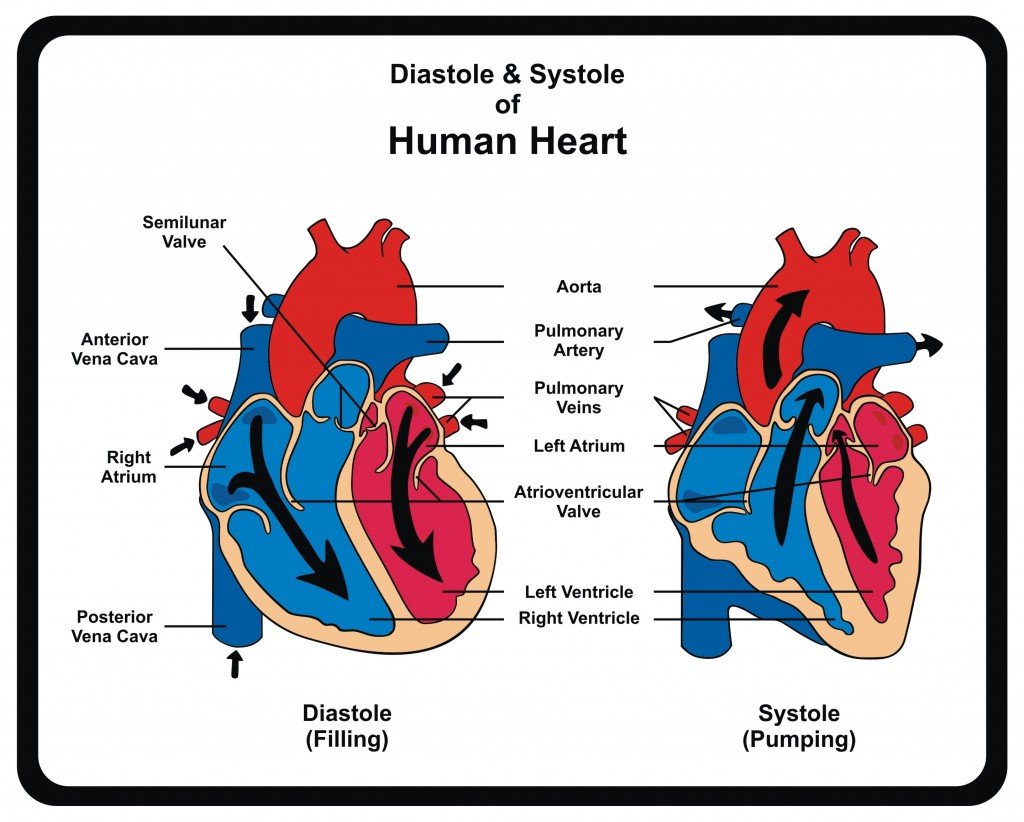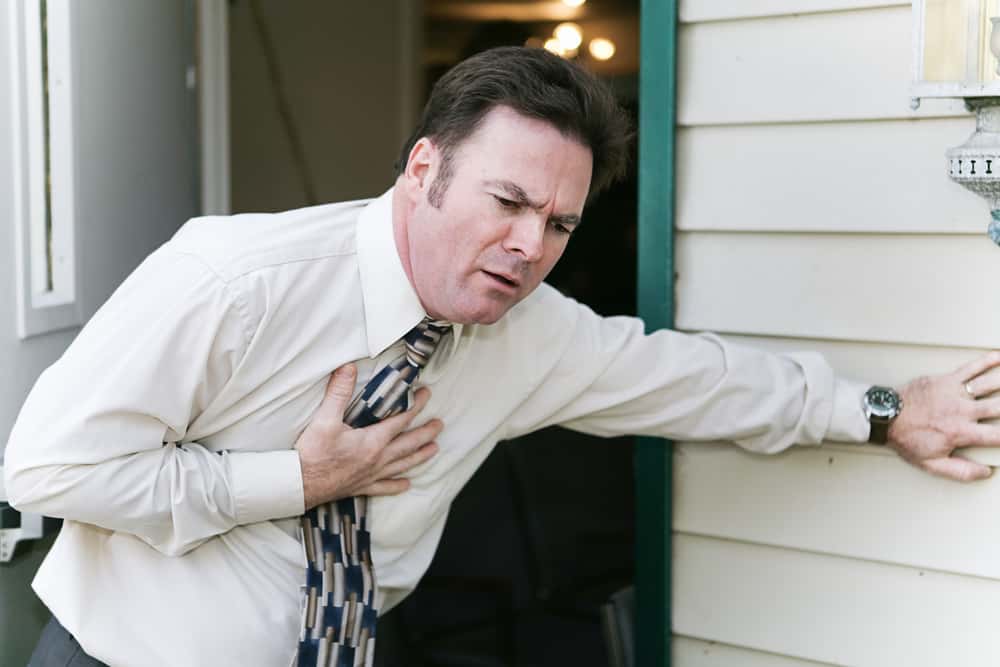Table of Contents (click to expand)
Shock is a medical condition in which the blood pressure of a patient becomes too low, meaning that there’s not enough oxygenated blood in the body to sustain vital life functions. Simply put, when the patient’s body is not getting enough blood flow, it is said that they are in shock.
You may have seen in movies that people can ‘die of shock’. Upon seeing that, some of you may think that the cause of death in those cases is sheer emotional surprise or distress. For instance, a movie may show a character be involved in a car crash and subsequently die of shock. This may seem, to some people, that the character died of the sudden fright caused by the accident.

Until a few years ago, I thought the same thing. However, as it turns out, dying from shock does not mean dying of surprise or fright. In fact, it’s something entirely different.
To begin with, let’s set the record straight. It’s a MYTH that people can go into medical shock from witnessing a traumatic event, such as seeing a lot of blood at a crash scene. Although it’s true that witnessing such an incident may indeed be shocking or disturbing, it does not cause medical shock.
What Is Shock?
Shock is a medical condition in which the blood pressure of a patient becomes too low, meaning that there’s not enough oxygenated blood in the body to sustain vital life functions. Simply put, when the patient’s body is not getting enough blood flow, it is said that they are in shock (Source).

Most people think of ‘shock’ as an emotional response to a sudden, traumatic event (like an accident or a near-death experience etc.), but in medical terms, it’s associated with the amount of blood flowing through the blood vessels in the body. In more specific terms, you would say that ‘shock’, by definition, is when one’s organs aren’t able to properly function.
If you think about it, from a purely technical standpoint, everyone dies from shock… eventually.
Also Read: How High Can Blood Pressure Go?
Causes Of Shock
Shock can be caused by a number of conditions that reduce blood flow in the body. Some of the most common causes of shock include heart problems (heart failure or stroke), changes in blood vessels (caused by infections or severe allergic reactions), low blood volume (due to extensive bleeding or dehydration), or certain medications that lower blood pressure or adversely affect heart function.
Different Types Of Shock
There are a number of different types of medical shock, each of which must be treated in different ways.
Hypovolemic Shock
This kind of shock occurs when the blood volume drops significantly, typically due to blood loss (caused by an injury or some other traumatic event). This leads to low blood pressure, meaning that not enough blood reaches important parts of the body.
Cardiogenic Shock
When the heart cannot pump blood around the body, it’s referred to as cardiogenic shock. Certain conditions, such as a stroke or certain heart diseases (e.g., cardiomyopathy), prevent a person’s heart from functioning properly.

Septic Shock
This shock occurs when blood vessels dilate, thus dropping the blood pressure. Certain infections may also cause septic shock. For instance, an E. coli infection may trigger septic shock.
Neurogenic Shock
Neurogenic shock occurs when an injury to a patient’s spine damages the nerves that control the diameter of their blood vessels. This increase in the blood vessels’ diameter causes them to dilate, which leads to a drop in blood pressure.
Obstructive Shock
As the name suggests, obstructive shock happens when blood flow is obstructed or stopped for some reason. A build up of clots is usually the causal factor behind obstructive shock.

Anaphylactic Shock
Anaphylactic shock occurs when a severe allergic reaction causes the blood vessels to dilate, which causes low blood pressure.
Endocrine Shock
A critically ill person may experience a severe hormonal disorder (such as hypothyroidism), which may prevent the heart from functioning properly. Again, this could easily lead to a drop in the blood pressure.
Also Read: What Happens When Air Bubbles Enter The IV (IntraVenous) Line?
Symptoms Of Shock
Since shock is caused by a variety of factors, its symptoms may vary from one person to another. However, some of the most common symptoms of shock include shallow, rapid breathing, anxiety, rapid heartbeat, difficulty breathing, pale and clammy skin, nausea, dizziness, thirst or a dry mouth for no reason.
If a person is in shock, they may experience some of these symptoms. Therefore, it’s very important to get professional medical help as soon as possible, as problems with the circulation of blood in the body can have disastrous—and deadly—consequences.
Also Read: Why Do Heartbeats Increase When We Perceive Danger?
How well do you understand the article above!

